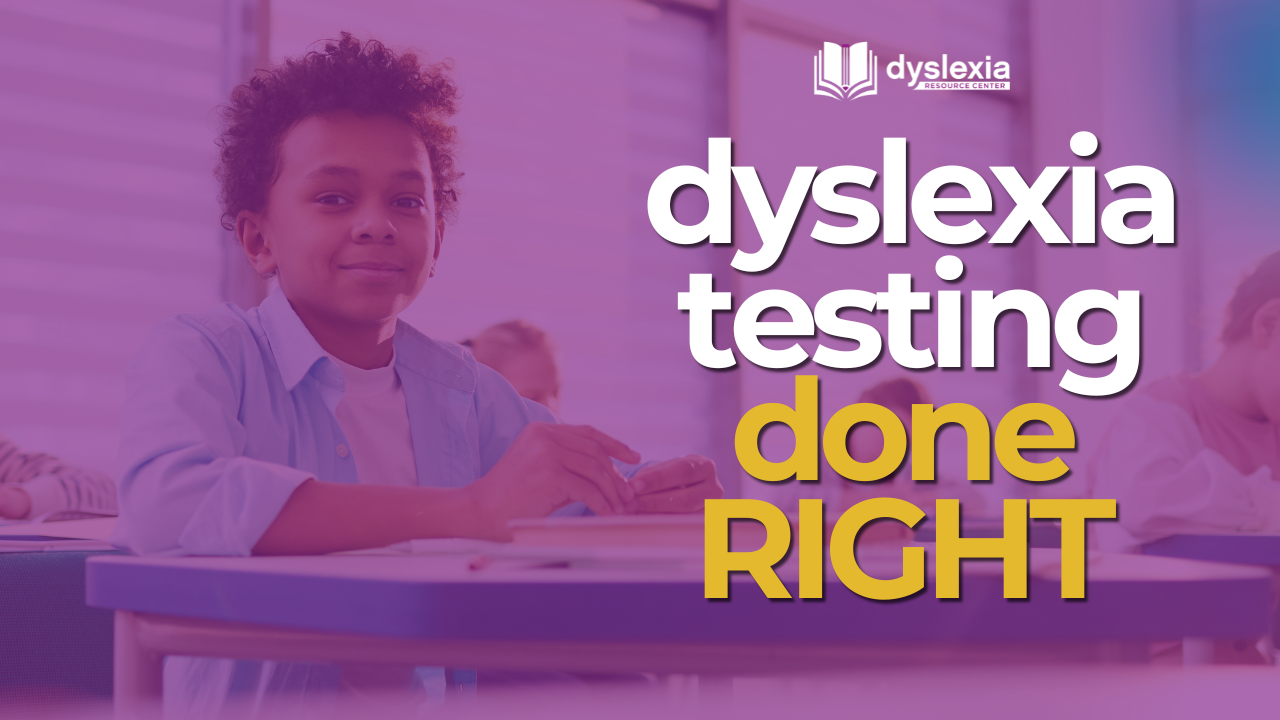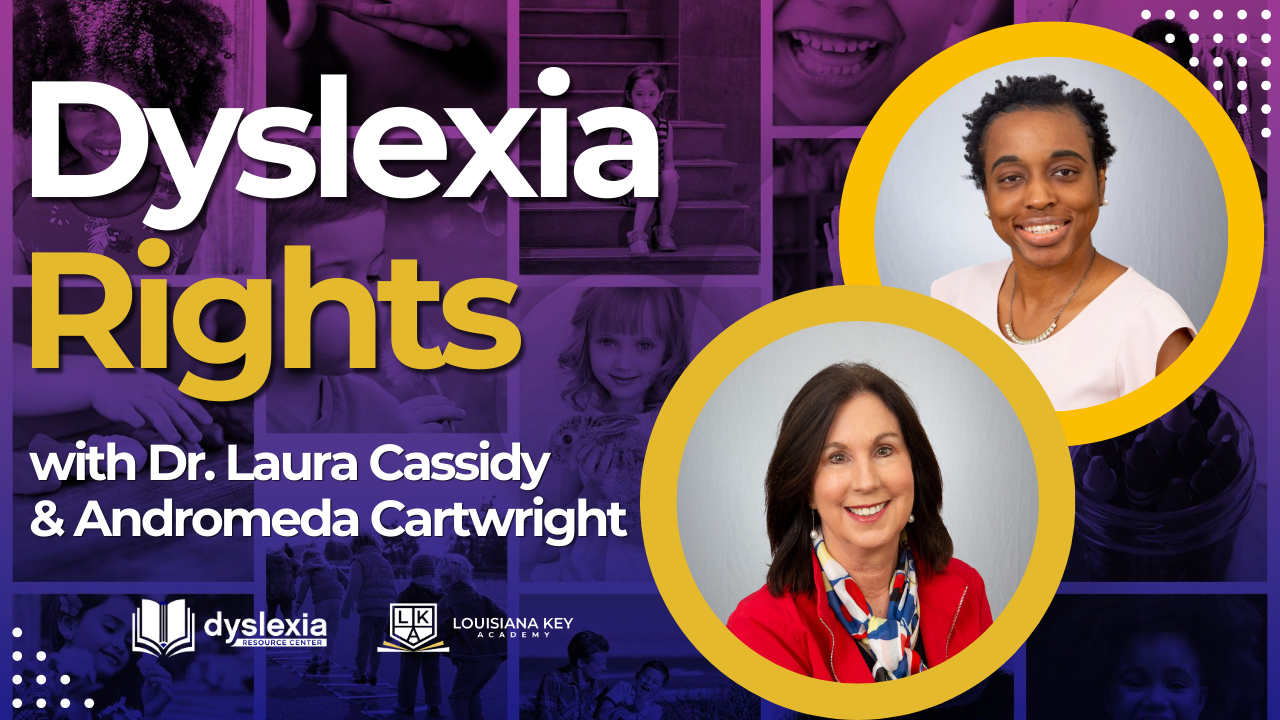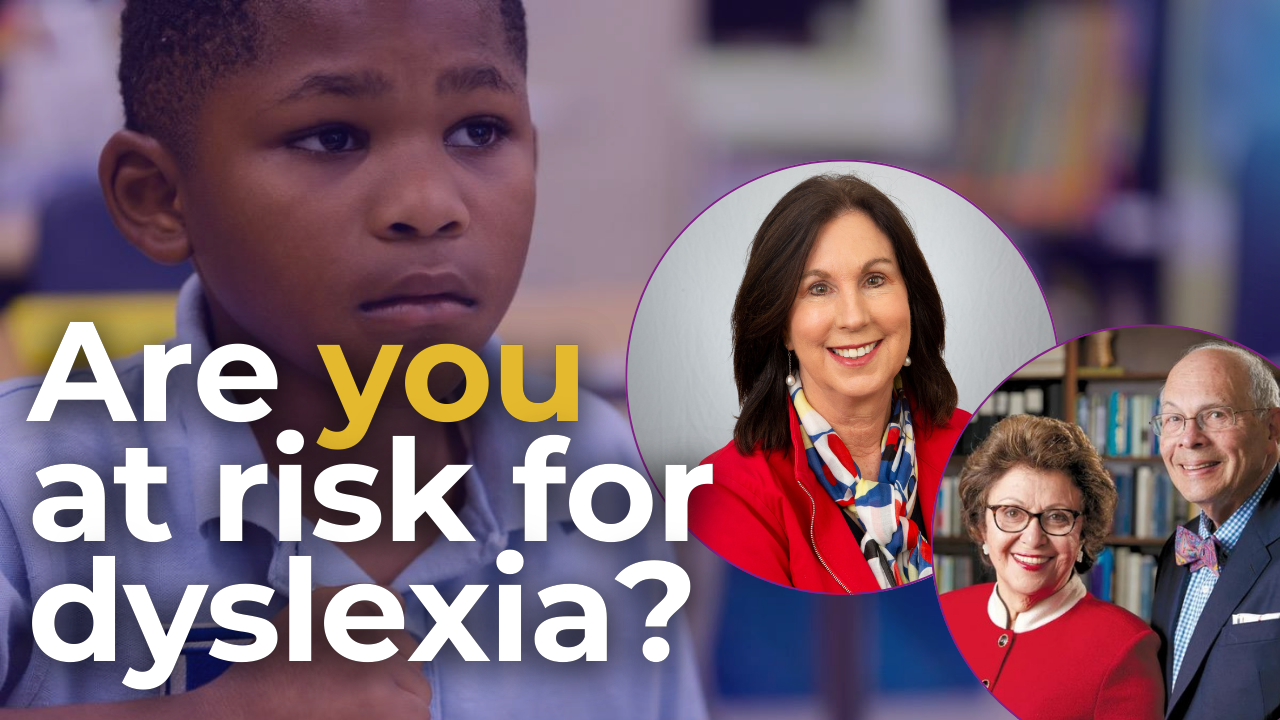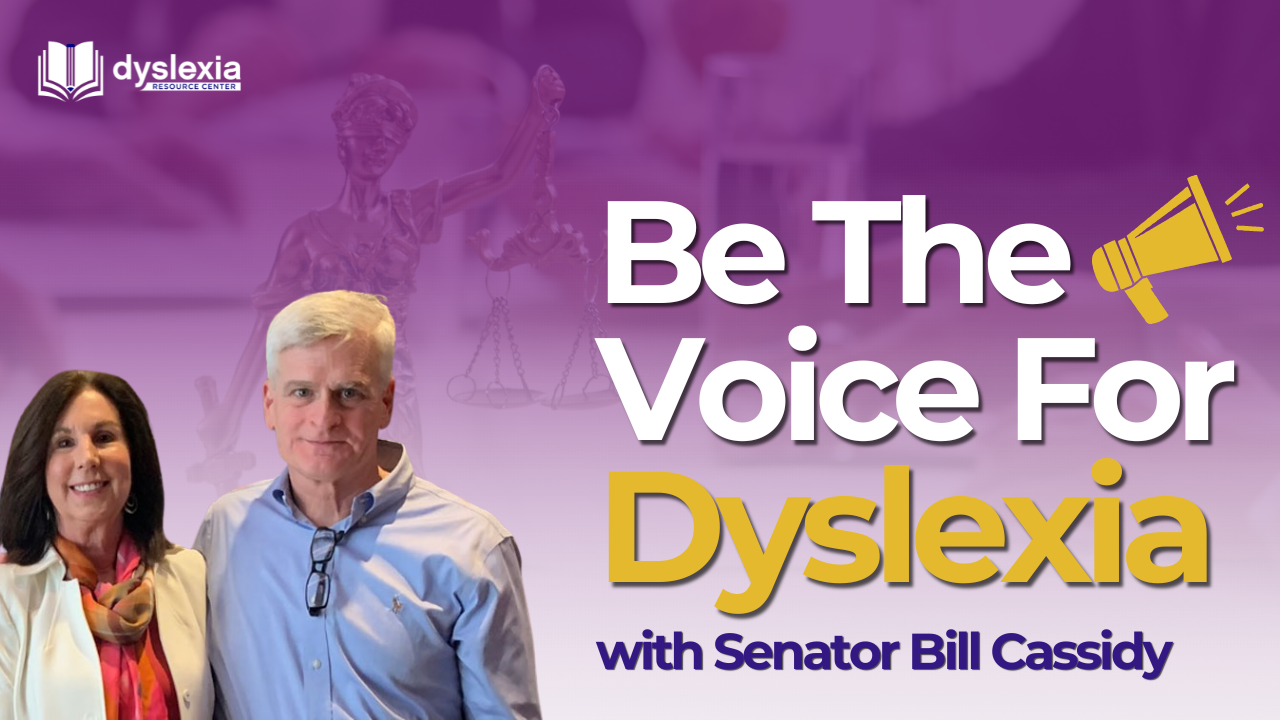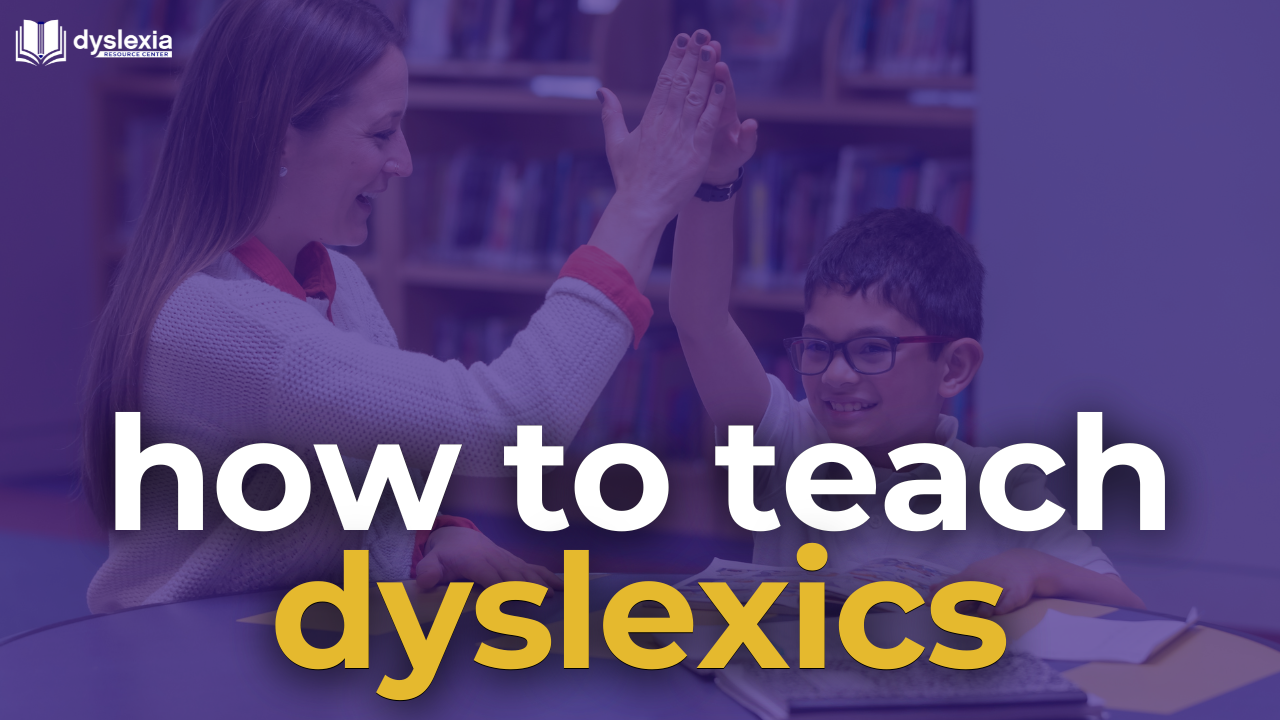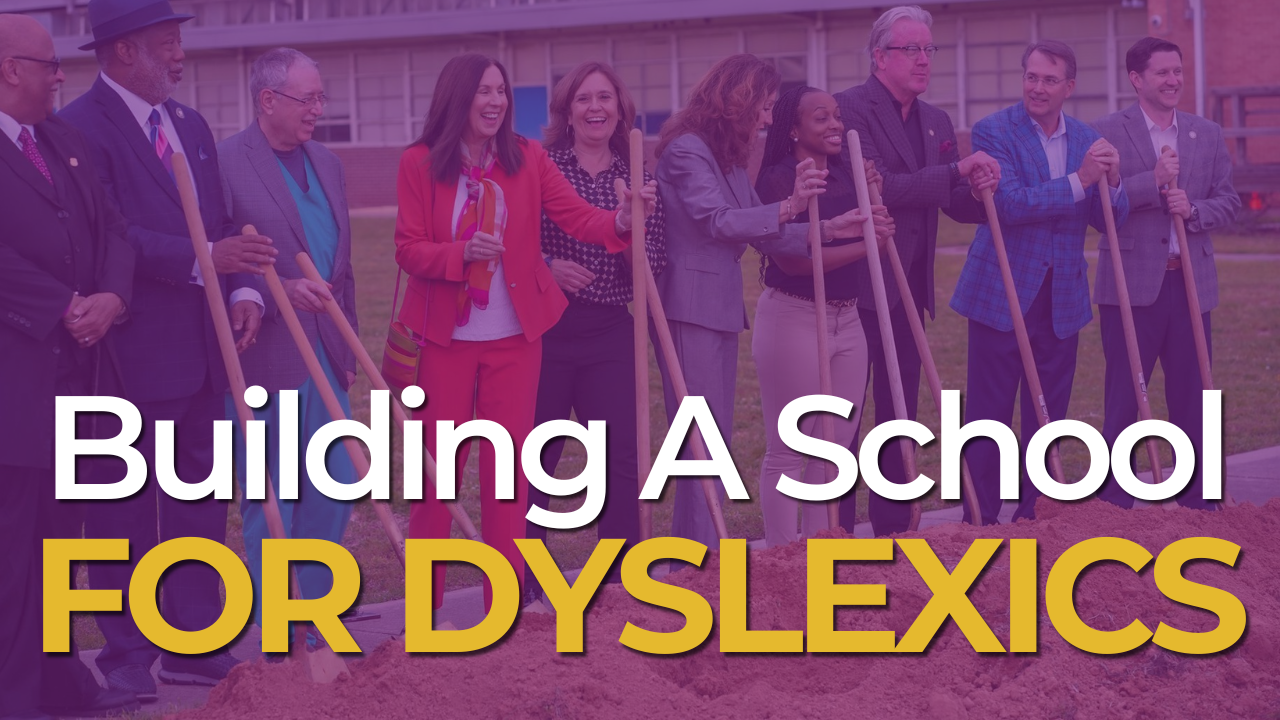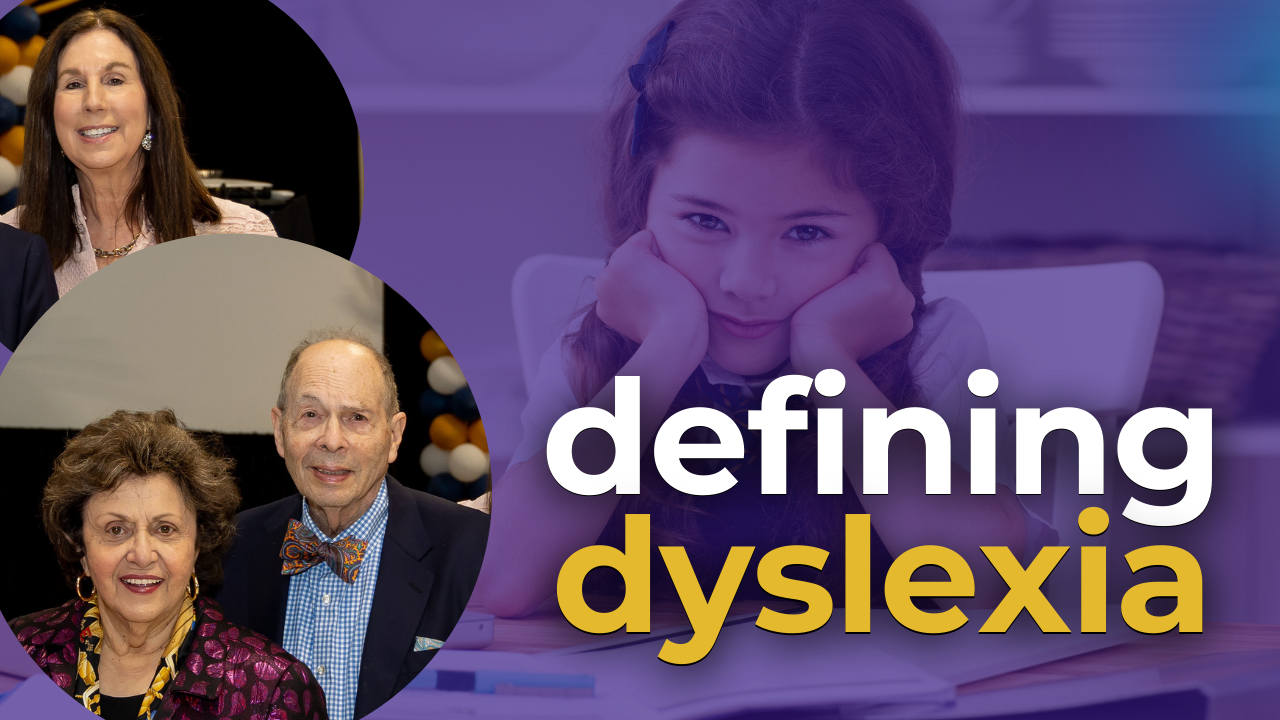Episode 5: Legal Rights of Dyslexic Students
In the world of education, understanding the legal rights of dyslexic students is paramount. It's a topic often clouded by misconceptions and lack of clarity, leaving many parents and students feeling lost in navigating the system. In this episode of Voices of Dyslexia, we delve deep into this crucial subject, shedding light on what every dyslexic student and their advocates should know.
The Importance of Early Assessment
Dr. Laura Cassidy and Andromeda Cartwright kick off the discussion by emphasizing the critical importance of early assessment for dyslexic students. Waiting until a child struggles significantly can exacerbate the issue, leading to missed opportunities for tailored interventions. Parents are encouraged to trust their instincts and advocate for early evaluations, bypassing programs like response to intervention (RTI) if necessary.
Using the Term "Dyslexia"
A key point highlighted in the conversation is the significance of using the term "dyslexia" rather than vague descriptors like "characteristics of dyslexia." By clearly identifying dyslexia, schools can provide targeted interventions aligned with evidence-based practices. Andromeda stresses the importance of specificity in diagnosis to ensure students receive appropriate support.
Understanding the IEP
The discussion delves into the Individualized Education Plan (IEP) as a crucial legal document that guarantees specialized instruction and accommodations for dyslexic students. Contrasted with the accommodations-only 504 plan, the IEP offers a comprehensive framework tailored to the individual needs of each student. Laura and Andromeda provide insights into the differences between the two plans, empowering parents to make informed decisions.
Accommodations and Supportive Environments
Beyond legal frameworks, the conversation extends to creating supportive environments that foster dyslexic students' strengths. Accommodations such as extended time and text-to-speech tools are highlighted, emphasizing their role in leveling the playing field. Moreover, the discussion underscores the importance of acknowledging dyslexic students' talents and nurturing their self-esteem in supportive educational settings.
Empowering Students as Advocates
A significant takeaway from the conversation is the empowerment of dyslexic students as advocates for their own education. From an early age, involving students in discussions about their dyslexia and necessary accommodations fosters self-awareness and confidence. By actively participating in IEP meetings and articulating their needs, students play a vital role in shaping their educational journey.
Conclusion
As the episode draws to a close, listeners are encouraged to leverage resources like the Louisiana Key Academy and the Dyslexia Resource Center to navigate the legal landscape effectively. Armed with knowledge and advocacy, dyslexic students and their families can ensure access to the support and accommodations they rightfully deserve, paving the way for success in education and beyond.
